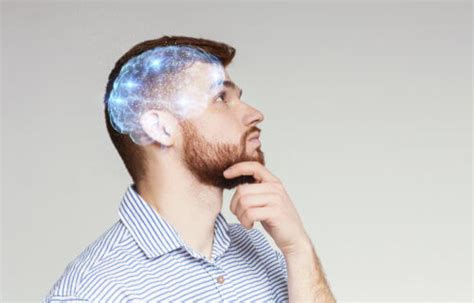
Breaking News
 US Lawmakers Shmooze with Zelensky at Munich Security Conference...
US Lawmakers Shmooze with Zelensky at Munich Security Conference...
 Scientists have plan to save the world by chopping down boreal forest...
Scientists have plan to save the world by chopping down boreal forest...
 New Coalition Aims To Ban Vaccine Mandates Across US
New Coalition Aims To Ban Vaccine Mandates Across US
Top Tech News
 New Spray-on Powder Instantly Seals Life-Threatening Wounds in Battle or During Disasters
New Spray-on Powder Instantly Seals Life-Threatening Wounds in Battle or During Disasters
 AI-enhanced stethoscope excels at listening to our hearts
AI-enhanced stethoscope excels at listening to our hearts
 Flame-treated sunscreen keeps the zinc but cuts the smeary white look
Flame-treated sunscreen keeps the zinc but cuts the smeary white look
 Display hub adds three more screens powered through single USB port
Display hub adds three more screens powered through single USB port
 We Finally Know How Fast The Tesla Semi Will Charge: Very, Very Fast
We Finally Know How Fast The Tesla Semi Will Charge: Very, Very Fast
 Drone-launching underwater drone hitches a ride on ship and sub hulls
Drone-launching underwater drone hitches a ride on ship and sub hulls
 Humanoid Robots Get "Brains" As Dual-Use Fears Mount
Humanoid Robots Get "Brains" As Dual-Use Fears Mount
 SpaceX Authorized to Increase High Speed Internet Download Speeds 5X Through 2026
SpaceX Authorized to Increase High Speed Internet Download Speeds 5X Through 2026
 Space AI is the Key to the Technological Singularity
Space AI is the Key to the Technological Singularity
 Velocitor X-1 eVTOL could be beating the traffic in just a year
Velocitor X-1 eVTOL could be beating the traffic in just a year
GPS of the mind: Scientists discover new distance-detecting 'Vector Trace' brain cells

It turns out, we also have an odometer in our brain too. Researchers from Durham University in England say they've discovered a new "distance sensitive" brain cell. Their study finds these cells take note of how we far travel during trips and can record the locations of pertinent objects and landmarks along the way.
Some people are far better at directions and finding their way than others, but everyone's brain contains a number of "GPS-like" brain cells responsible for mapping out places we've already seen in the mind's eye. These cells, for example, remember your office's break room layout or your favorite route to take back from the mall. The existence of these cells isn't breaking news, but these newly discovered Vector Trace cells are adding an entirely new chapter to what we know about the mind and direction.

 Going the Way of the Denarius
Going the Way of the Denarius

